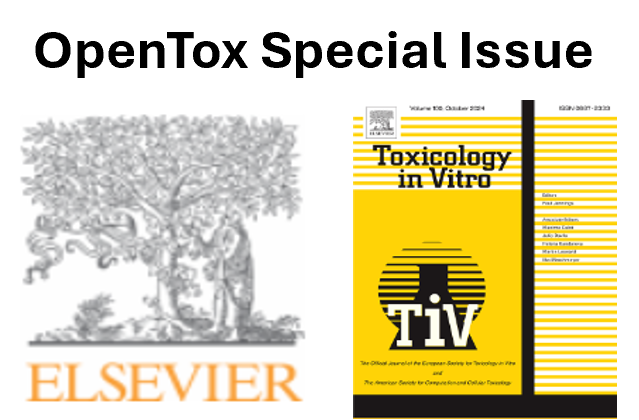
Anja Wilmes is an assistant professor at the Vrije Universiteit Amsterdam in the division Molecular and Computational Toxicology. She received a PhD in “Cell and Molecular Biology” from Victoria University of Wellington, New Zealand and was working as a PostDoc in the group of Paul Jennings at the Medical University of Innsbruck, Austria where she did her habilitation in Physiology ("Molecular investigations of chemical stress induction in the renal proximal tubule”).
Her work focuses on the development of New Approach Methodologies (NAMs) with a focus on the application of human cell culture models for toxicity testing. Anja has a long standing experience in human renal cell systems, including primary cells, cell lines and induced pluripotent stem cell (iPSC) derived cells and developed differentiation protocols into renal proximal tubular-like cells (PTL) and podocyte-like cells. Additionally, she is working with other human cell systems, including hepatocytes (iPSC-derived and cell lines), endothelial cells (iPSC-derived and cell lines) A major interest of her research is on advanced cell culture systems, including microporous growth supports (transwells) and microphysiological systems (MPS), e.g. organ on a chip cultures.
Transcriptomic changes and mitochondrial toxicity in response to acute and repeat dose treatment with brequinar in human liver and kidney in vitro models
Tamara Meijera,b, Bas ter Braakc,d, Liesanne Loonstra-Woltersc,d, Steven J. Kunnenc, Barira Islame, Ilinca Suciuf, Barry Hardyg, Marcel Leistf, Bob van de Waterc, Paul Jenningsa,b, Anja Wilmesa,b
a Department of Chemistry and Pharmaceutical Sciences, Vrije Universiteit Amsterdam, De Boelelaan 1108, 1081 HZ Amsterdam, The Netherlands,
b Amsterdam Institute of Molecular and Life Sciences (AIMMS), Vrije Universiteit Amsterdam, De Boelelaan 1108, 1081 HZ Amsterdam, The Netherlands,
c Cell Systems and Drug Safety, Leiden Academic Centre for Drug Research, Leiden University, Leiden, The Netherlands,
d Toxys B.V., 2342 DH, Leiden Bioscience Park, Oegstgeest, The Netherlands,
e Certara – Simcyp Division, Sheffield, United Kingdom,
f In Vitro Toxicology and Biomedicine, Department Inaugurated by the Doerenkamp-Zbinden Foundation, University of Konstanz, Universitaetsstr. 10, 78457, Konstanz, Germany,
g Edelweiss Connect GmbH, Technology Park Basel, Hochbergerstrasse 60C, 4057, Basel, Switzerland
The potent dihydroorotate dehydrogenase (DHODH) inhibitor brequinar has been investigated as an anticancer, immunosuppressive, and antiviral pharmaceutical agent. However, its toxicity is still poorly understood. We investigated the cellular responses of primary human hepatocytes (PHH) and telomerase-immortalised human renal proximal tubular epithelial cells (RPTEC/TERT1) after a single 24-h exposure up to 100 µM brequinar. Additionally, RPTEC/TERT1 cells underwent repeated daily exposure for five consecutive days at 0.3, 3, and 20 µM. Transcriptomic analysis revealed that PHH were less sensitive to brequinar treatment than RPTEC/TERT1 cells. Upregulation of various phase I and II drug metabolising enzymes, particularly Cytochrome P450 (CYP) 1A and 3A enzymes, in PHH suggests potential detoxification. Furthermore, brequinar exposure led to a significant upregulation of several stress response pathways in PHH and RPTEC/TERT1 cells, including the unfolded protein response, Nrf2, p53, and inflammatory responses. RPTEC/TERT1 cells exhibited greater sensitivity to brequinar at 0.3 µM with repeated exposure compared to a single exposure. Furthermore, brequinar could impair the mitochondrial respiration of RPTEC/TERT1 cells after 24 h. This study provides new insights into the differential responses of PHH and RPTEC/TERT1 cells in response to brequinar exposure and highlights the biological relevance of implementing repeated dosing regimens in in vitro studies.

